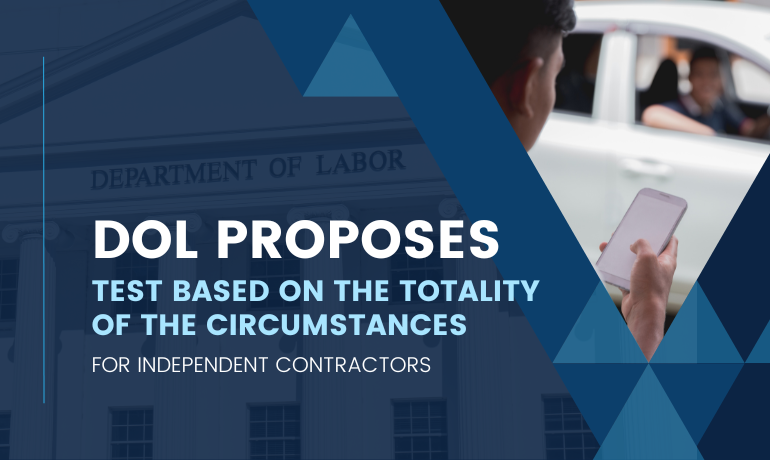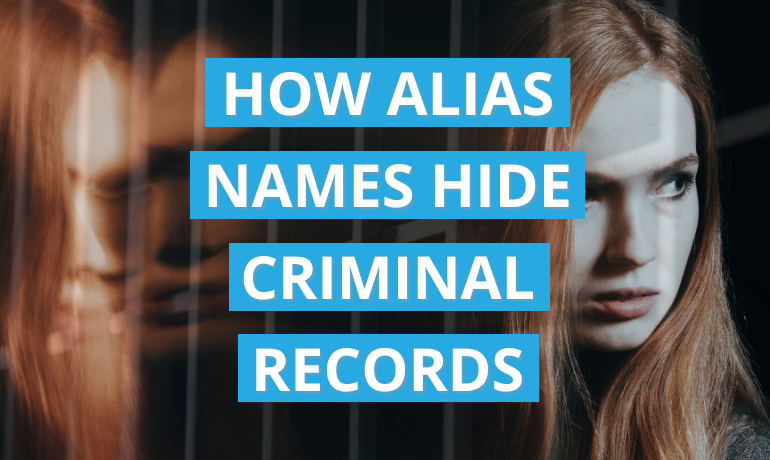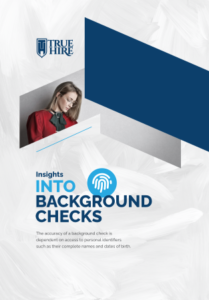On behalf of CDIA and NAPBS, working together as an Ad Hoc Group, we want to share some newsworthy items related to background screening. If you have any questions please contact Eric Ellman (eellman@cdiaonline.org) or Mike Klipper (Mike.Klipper@mkmdc.com).
I. EEOC
A. EEOC Litigation
1. EEOC loses in a stunning opinion.
Last Friday, the U.S. District Court for the District of Maryland issued a forceful rebuke to the EEOC in EEOC v. Freeman. The Commission alleged that the defendant’s use of credit and criminal histories violated Title VII.
After dismantling and denying the use of the EEOC’s experts, the Court said that even if [the expert testimony] were admissible, and summary judgment could not be granted for Defendant on that ground, the EEOC and their experts have still failed to identify the specific policy or policies causing the alleged disparate impact. Under Title VII, it is not enough for the plaintiff to show that “in general” the collective results of a hiring process cause disparate impact. Statistical analysis must isolate and identify the discrete element in the hiring process that produces the discriminatory outcome. Where a hiring process has multiple elements, the plaintiff must identify the element(s) that it is challenging and “demonstrate that each particular challenged employment practice causes a disparate impact,” unless it can demonstrate that “the elements” are not capable of separation for purposes of analysis.
The Court ended its opinion this way:
The story of the present action has been that of a theory in search of facts to support it.
But there are simply no facts here to support a theory of disparate impact resulting from any identified, specific practice of the Defendant. Indeed, any rational employer in the United States should pause to consider the implications of actions of this nature brought based upon such inadequate data. By bringing actions of this nature, the EEOC has placed many employers in the “Hobson’s choice” of ignoring criminal history and credit background, thus exposing themselves to potential liability for criminal and fraudulent acts committed by employees, on the one hand, or incurring the wrath of the EEOC for having utilized information deemed fundamental by most employers. Something more, far more, than what is relied upon by the EEOC in this case must be utilized to justify a disparate impact claim based upon criminal history and credit checks. To require less, would be to condemn the use of common sense, and this is simply not what the discrimination laws of this country require.
You can read additional reviews of the opinion in analysis provided by Littler and SeyfarthShaw.
2. EEOC ordered to pay $4.7m in costs and attorney fees.
In August, the EEOC was ordered by the Northern District of Iowa to pay $4.7m in costs and attorney fees incurred by the defendant, a prevailing party. Below is from a blog from SeyfarthShaw. Although the case at hand, EEOC v. CRST Van Expedited, Inc.,is not over credit or criminal histories, it is noteworthy that the EEOC was ordered to pay costs and fees to the defendant, as a prevailing party, because the Northern District of Iowa (quoting a SefarthShaw blog)
held that the EEOC’s conduct was in fact ‘frivolous, unreasonable or groundless’ given its blatant failure to exhaust Title VII’s administrative prerequisites, including its failure to investigate and conciliate prior to bringing suit. Additionally, Judge Reade found that the EEOC’s pattern-or-practice claim was unreasonable as it presented only anecdotal evidence in support of its claim and failed to present any expert evidence, statistics, or legal authority in support of its systemic claims.
The blog adds that
This is a significant if not stunning decision. It is believed to be the largest fee sanction award against the EEOC in its history.
The ruling represents yet another powerful broad-side to attack the EEOC’s systemic litigation tactics and provides employers with more ammunition with which to challenge unreasonable and groundless claims by the EEOC. Particularly important for employers is the Court’s rejection of the EEOC’s argument that as long as it names one individual in a complaint and succeeds as to that individual, regardless of the frivolousness or unreasonableness of the remainder of its claim, an employer cannot be deemed a ‘prevailing party’ entitled to recover its fees.
We believe the EEOC will appeal the order, just as it has appealed the order to pay costs and fees in Peoplemark.
3. EEOC sued for its “trolling” for complainants
As noted in a recent story in Legal News Line, the Racine, Wisconsin-based Case New Holland, Inc., one of the world’s largest manufacturers of agriculture and construction equipment, filed suit against the EEOC “accusing it of unconstitutionally trolling for class members in a potential age discrimination class action.” According to the story CNH
filed the suit after the [Commission] sent – unconstitutionally, arbitrarily and capriciously, the company argues – more than 1,000 emails to CNH business domains to allegedly solicit plaintiffs to commence a class action against the company.
The email “blast,” sent June 5, 2013, came more than two years after the EEOC launched a review of CNH under the federal Age Discrimination in Employment Act, or ADEA, and 18 months after the company produced more than 600 megabytes of data in cooperation with the agency’s review
II. Ban-the Box; Local Ordinances
A. In general
A recent article in the Wall Street Journal highlighted the trend of local governments and some states to pass ordinances or statutes to “ban-the-box”. One of the stickier points in the ban-the-box debate is the definition of the term “ban-the-box”. We view a ban-the-box as being a prohibition on asking the question of a criminal history on a job application. However, proponents of limits on criminal histories can sometimes take a more expansive, incorrect view of ban-the-box. For example, the recently passed ordinance in Newark, New Jersey is called ban-the-box, even though it imposes sweeping limits on private employers inquiring about criminal histories any stage in the hiring process. The same ban-the-box description was applied to the bill in the New Jersey senate and a recently passed ordinance in Richmond, California.
Neither CDIA nor NAPBS take a position on a “ban-the-box” proposal if it is a pure, clean “ban-the-box” proposal. However, we at CDIA and NAPBS view it as critical to the public policy debate that when a “ban-the-box” bill, rule, or ordinance is proposed that goes beyond a ban-the-box and actually restricts further consideration of criminal history use, we must correct the debate. A wolf in sheep’s clothing is still a wolf.
B. Richmond, California
In July, the City of Richmond, California, an East Bay municipality of 103,000, passed on a 6-1 vote, a prohibition in to the criminal history of any employee or contractor by any person with a city contract. The same week the city council passed its ordinance, it made the front page of the New York Times, as considering a closely-watched proposal to be the first city in the country to use eminent domain to prevent bank foreclosures on private homes. A City Invokes Seizure Laws to Save Homes.




